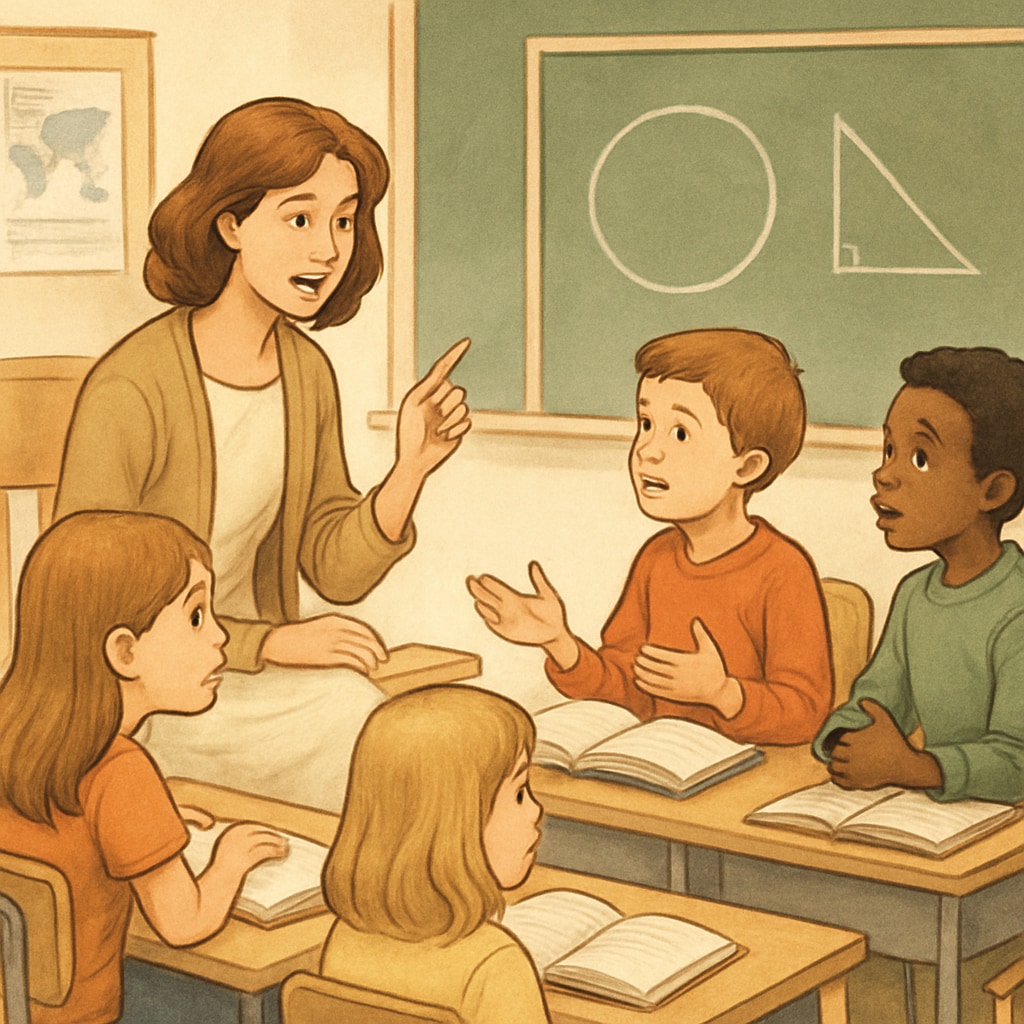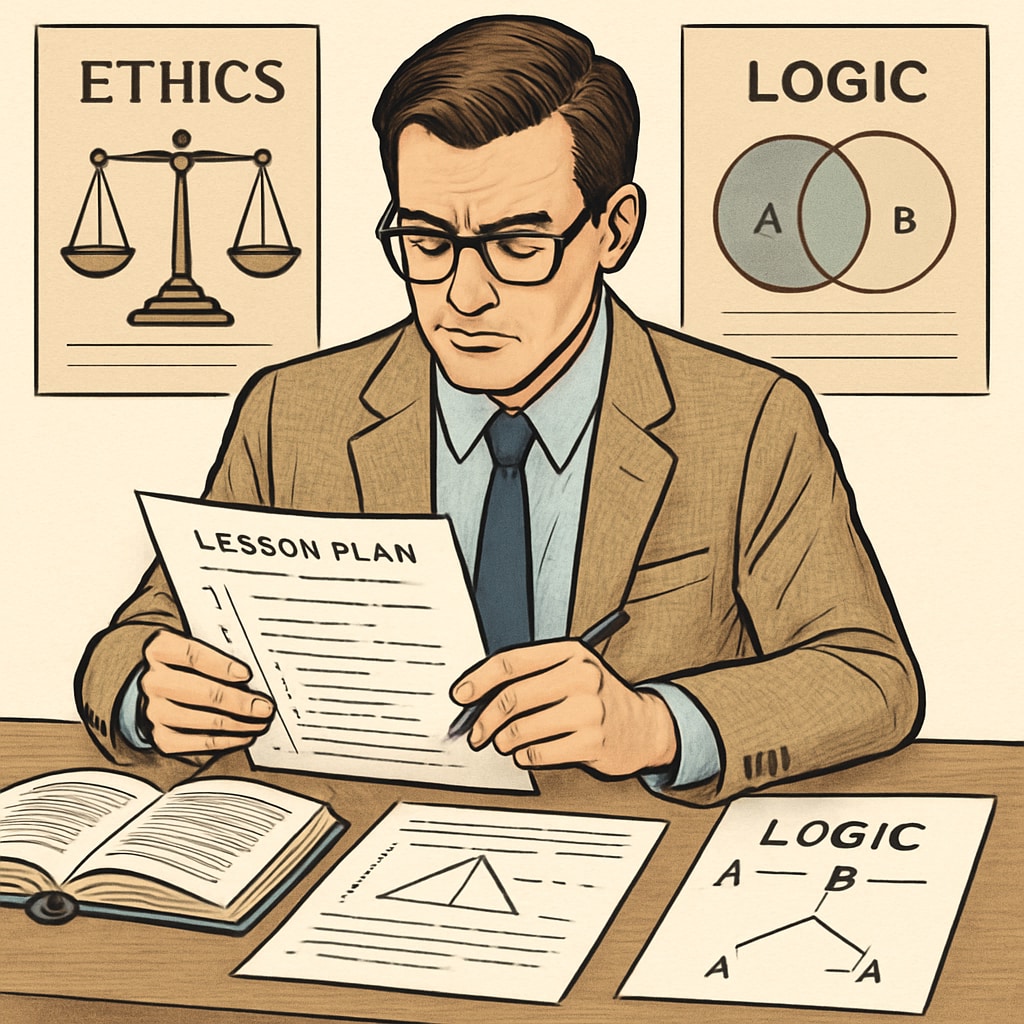In a groundbreaking initiative, this article introduces a social experiment aiming to recruit philosophy teachers for K-12 education. This “Philosophy Thinking Enlightenment Program” seeks to integrate philosophy into the curriculum to nurture students’ critical thinking, reasoning abilities, and their innate curiosity about the world. The project challenges traditional pedagogical boundaries and explores how philosophy can shape young minds to better analyze and interact with their surroundings.
Why Philosophy Matters in K-12 Education
Philosophy has long been perceived as a subject reserved for higher education, yet its principles of inquiry and reasoning have practical applications for students of all ages. Teaching philosophy in earlier educational stages can encourage students to ask meaningful questions, evaluate diverse perspectives, and make reasoned decisions. For example, philosophical debates about ethics or logic can help students understand the complexity of real-world problems, fostering skills that are critical in both academic and personal contexts.
According to the Philosophy of Education, early exposure to philosophical concepts helps students develop intellectual independence. By implementing this experiment, schools can empower students to move beyond rote memorization and embrace active learning.

The Philosophy Thinking Enlightenment Program
The “Philosophy Thinking Enlightenment Program” is designed to recruit motivated philosophy teachers who can introduce core philosophical concepts to students in grades K-12. This program prioritizes critical thinking and reasoning skills, which are increasingly essential in modern education. Teachers participating in the program will receive specialized training to adapt philosophical theories to age-appropriate lessons, making abstract ideas accessible and engaging for younger students.
Key goals of the program include:
- Fostering analytical and critical thinking skills in students.
- Encouraging curiosity and intellectual exploration.
- Equipping students with tools to navigate complex ethical dilemmas.
- Collaborating with philosophy teachers to develop innovative lesson plans.
Moreover, the program provides teachers with resources for classroom implementation, including interactive activities, case studies, and discussion prompts tailored to different age groups. Teachers will also receive feedback and “university-style grading” to evaluate their effectiveness in promoting philosophical thought.

Overcoming Challenges for K-12 Philosophy Education
Despite its benefits, introducing philosophy into K-12 education comes with challenges. One major obstacle is the misconception that philosophy is too abstract or complex for younger students. This experiment aims to counter that belief by demonstrating how philosophy can be contextualized for different developmental stages.
Another challenge is the lack of trained philosophy educators at the K-12 level. To address this issue, the program will actively recruit philosophy graduates and experienced teachers, providing them with professional development opportunities. The inclusion of university-style grading will ensure accountability and maintain high standards for teaching practices.
As a result, this initiative paves the way for schools to embrace philosophy as an enriching supplement to traditional subjects, fostering a more holistic approach to education.
Building a Future of Critical Thinkers
By introducing philosophy into K-12 education, this experiment has the potential to transform the way students approach learning and problem-solving. Philosophy empowers young minds to question assumptions, engage in meaningful dialogue, and develop empathy through understanding differing viewpoints.
In addition, the program aligns with broader educational goals, such as preparing students for higher education and the workforce, where critical thinking and ethical reasoning are increasingly valued. By fostering these skills early, educators can help students become thoughtful, informed citizens capable of navigating the complexities of modern society.
As a result, this innovative social experiment may redefine the role of philosophy in education, showcasing its power to inspire curiosity and critical thinking in students.
For further exploration, visit the Philosophy section on Britannica to learn more about its foundational concepts and applications.


